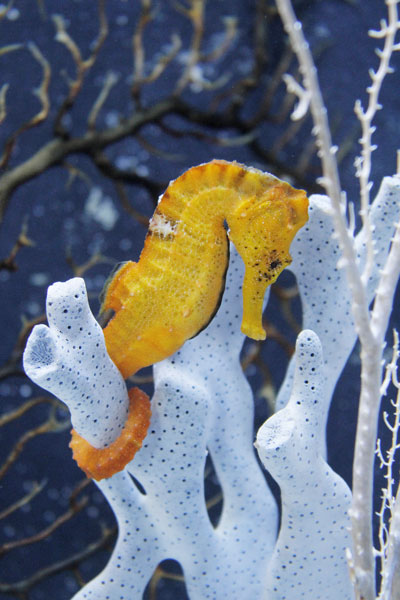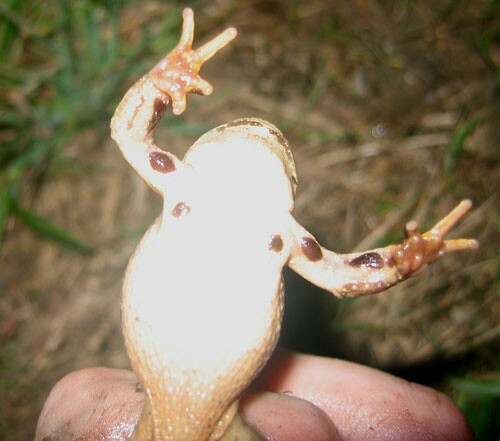Could there ever be an incentive for a fish or other aquatic being to use simple tools, like early humans did?
Would it be possible for any structure of a current water-dwelling being (for example, a fin) to adapt into a form that can grasp and use tools, (for example, a hand)?
To be clear, this question is not about currently land-dwelling humans, or human-like creatures could adapt to underwater. Rather, it is specifically about species that started out in water.


